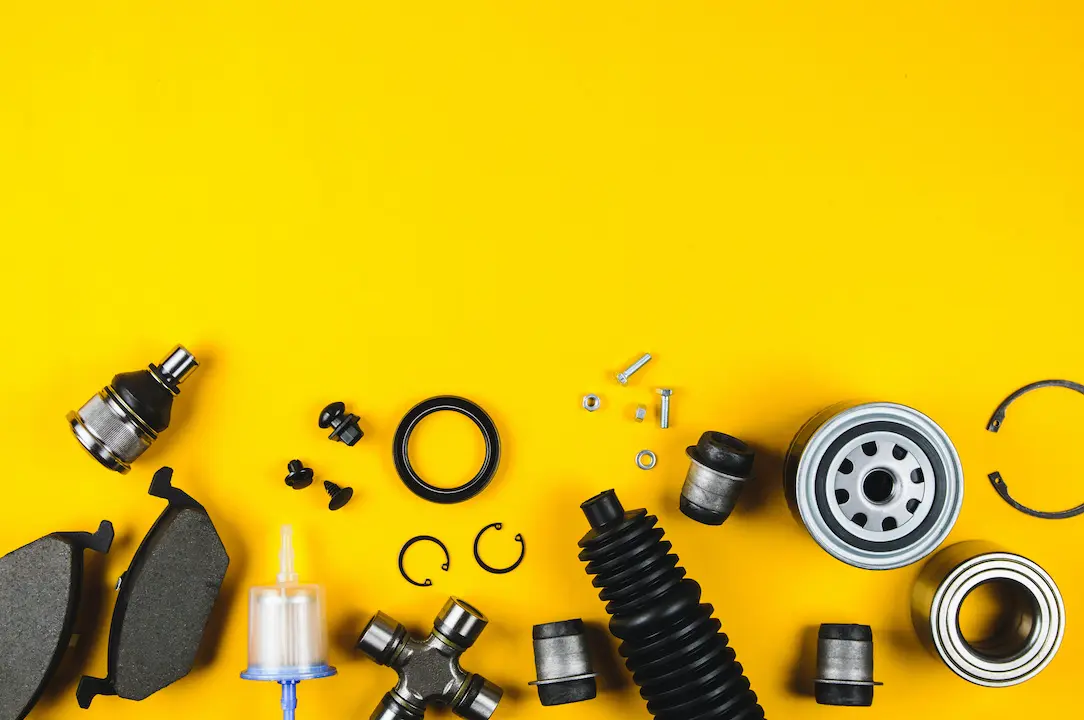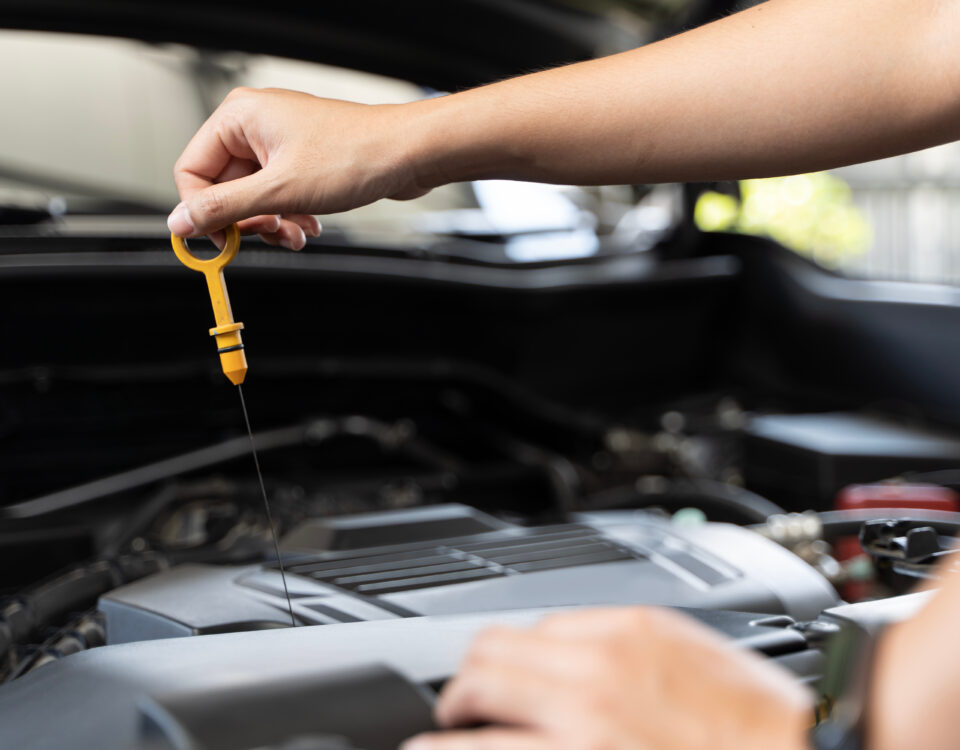
Face Mask Competition
July 8, 2020
A Basic Overview on Your Car’s Parts
July 15, 2020Transmission repair and replacement are among the costliest and most time consuming services to need for your car. Getting routine maintenance on your transmission is the best way to avoid that bump in the road. Keep reading to learn more about what your transmission does and why repairs could break the bank.
What Does the Transmission Do?
An automatic transmission is complex, using sensors to determine when it should shift gears, and changes them using internal oil pressure. Driving explains that, in order to shift gears, the transmission must be temporarily disconnected from the engine. On a manual transmission, the driver does that by pushing the clutch pedal. However, on an automatic, it’s handled by the torque converter.
Inside the torque converter, there are two fan-shaped components that are filled with transmission fluid, an impeller, an engine’s crankshaft, and a turbine, all attached to the transmission’s input shaft. As the engine turns the impeller, the blades move the fluid, which turns the turbine. The fluid moves within a closed loop. A third fan-shaped component, the stator, is between the impeller and turbine and helps direct the movement of the fluid. As you press the gas and speed the car up, the fluid moves faster to send more power through the transmission. When you brake, the fluid slows and the turbine stops spinning. The engine can sit idle without stalling.
Common Transmission Problems
The transmission is clearly one of the most important parts of your car, which means that when the transmission experiences problems, it could park your car for good.
CarsDirect lists the four most common types of transmission problems to be:
1.Low fluid levels or leaks
Low levels of fluid in the transmission, or leaks within it, are the most common transmission problem. These low levels are usually caused by leaks in the transmission system itself. The seals within the transmission or driveshaft may become worn down and cause leaks. Overtime, transmission gasket seals may need to be replaced to seal the leaks in the transmission. Sometimes, fluid may be contaminated by coolant in the radiator, causing cross-contamination. You might be able to recognize the leak by noticing the gears slipping or slow shifting. When this happens, your car’s fluid might need to be changed or the transmission might need to fully be flushed and refilled.
2.Torque Converter Problems
Torque converters and transmission can be the cause of several problems that can cause your transmission to become damaged or fail altogether. One of the most common problems associated with the torque converter is worn or damaged needle bearings. If the needle bearings become hot, you’ll hear noises coming from the transmission when you’re driving. When the car is in neutral, the transmission will more than likely not make any strange sounds, but when driving you’ll hear grinding noises.
3.Solenoid Problems
The solenoid controls the flow of fluid through the transmission. Often, the solenoid can be damaged because of insufficient fluid levels or other electronic problems with it. Problems are similar to low fluid levels. If you notice the transmission slipping but don’t find any leaks, it could be the solenoid.
4.Clutch Problems
The clutch is in the torque converter and can sometimes get jammed. When it jams, the solenoid can lock and not disperse the correct amount of fluid. These problems also appear similar to low fluid levels. If you have clutch problems, you could notice shaking under the vehicle and it could cause high heat levels in the transmission. You’ll normally notice a sharp drop in the power output of your engine as well.
Get Your Transmission Checked
If you don’t take your transmission in for preventative maintenance and care, it could cost you upwards of $3000 to get it replaced. Getting maintenance on your transmission is the best way to avoid this high cost. Bring your car to Scott’s Fort Collins Auto to let our team of experts give your transmission a thorough inspection and change out your transmission fluid to keep your car running smoothly. Make an appointment today!




